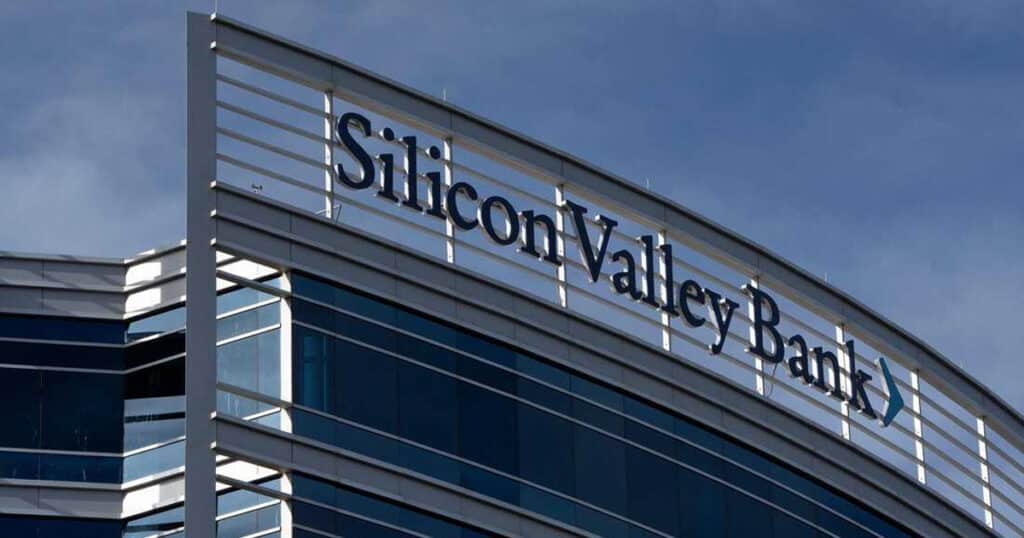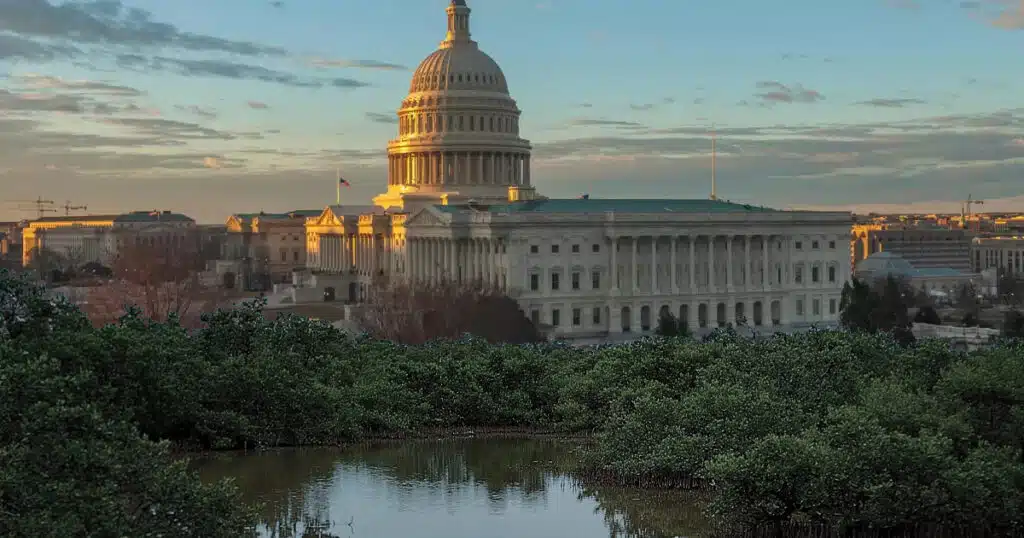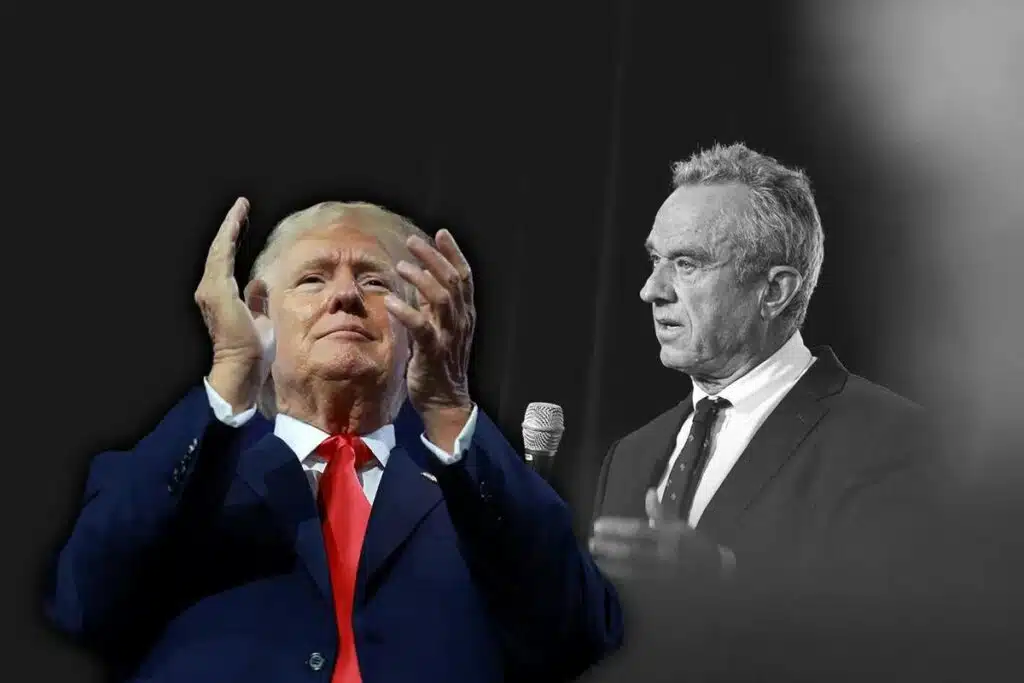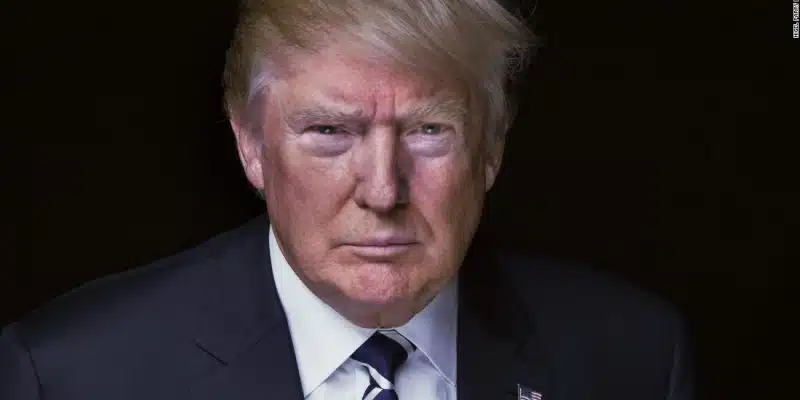
SVB Vivifies the Vapidity of ‘Regulatory Failure’ and ‘Moral Hazard’
John Paulsen made his name and immense fortune with a well-timed purchase of securities that would soar if mortgages declined. His billions hopefully remind readers that huge fortunes are made not by doing as other investors are doing, but by doing what they’re not.
It’s something to think about with Silicon Valley Bank’s (SVB) decline well in mind. Left and Right are claiming “regulatory failure” as one of the causes. We’ve seen this in Sebastian Mallaby’s analysis at the left-leaning Washington Post, but also from right-of-center thinkers like AEI’s Paul Kupiec and Hoover’s John Cochrane. Paulsen’s billions reject this analysis.
Figure that those capable of seeing around the proverbial corner can earn billions for possessing such vision. The previous truth raises obvious questions about “regulatory failure.” Really, why would regulators be expected to detect problems that most investors can’t, including John Paulsen?
Yes, Paulsen rates mention once again in consideration of his post-2008 returns. Readers haven’t heard about him as much, and they haven’t because he hasn’t seen the future as clearly since. This doesn’t insult him as much as it’s a statement of the obvious.
It’s a long or short way of saying that to bruit “regulatory failure” is to arguably miss the point. To point to the latter is to presume a “regulator” capable of seeing ahead in the way that the world’s greatest investors almost never do.
All of which brings us to “moral hazard,” another popular narrative of late. Supposedly the FDIC’s insuring of ever-more-sizable deposits has rendered banks careless about customer funds, and worse, made depositors careless about the loan quality of the banks they entrust their money to. If the money is insured by taxpayers, why worry? Up front, the FDIC is unnecessary. Think about it. Since savers would rather not lose their savings, it’s no reach to suggest that absent the FDIC there would be all manner of private insurers willing to insure deposits for a small monthly fee. And because insurer money would be on the line, they would aggressively police banks to make sure they’re not doing anything foolish. It all makes sense.
Still, what’s left out of the FDIC, “moral hazard” narrative is that banks already don’t take big risks. It’s not their business model to. Since banks are lending money in return for interest as opposed to equity, their loans must perform. As banking expert Hall McAdams has long pointed out, one bad loan out of one hundred good loans can warp the returns on the other 99. Which explains the maxim about banks studiously lending money to those who don’t need it.
It’s worth thinking about the FDIC and “moral hazard” in consideration of the above. As McAdams has pointed out, the vast majority of SVB’s holdings were Treasuries. This and other good-as-gold loans and asset purchases are the norm. Indeed, while it’s the business model of VCs to lose a lot of money in the hope that one or two investments will more than make up for all the losses, with banking it’s the opposite. Which is a way of saying that with or without the FDIC, bank declines would be rare given the kind of lending that they engage in. In other words, SVB was a surprise. It would be difficult to seriously contend that its fate would have been any different assuming the FDIC didn’t exist.
Lastly, there’s the popular corollary to “moral hazard” rooted in the unfortunate bailout of SVB. To be clear, the ideal scenario would have been for the FDIC to have done nothing. If nothing, it’s no reach to say that a buyer would have eventually come in to purchase what was until recently a good franchise. Too bad the FDIC got in the way of this. Of course, that it did has unearthed the portion of the “moral hazard” crowd that will loudly tell all who listen that the bailout will encourage other financial institutions to “swing for the fences” since profits are private, but losses are born by the public. No, this isn’t a serious view either. Think about it.
And in thinking about it, stop and contemplate the CEOs of Bear Stearns, Lehman, and Citibank (among others) in 2008. Have their reputations recovered? What about SVB CEO Gregory Becker? Does anyone think his reputation will return to what it was in February of 2023? Hopefully these questions answer themselves. To pretend as the theorists do that bailouts encourage more failure is too foolish for words.
Which calls for reason. In a dynamic economy, failure is the norm. It’s the stuff of progress. The punditry might acknowledge this truth and move on, rather than providing endless all-knowing explanations that explain very little. And to be clear, “regulatory failure” and “moral hazard” explain very little about SVB.
This article was originally published by RealClearMarkets and made available via RealClearWire.



